Gender: Male
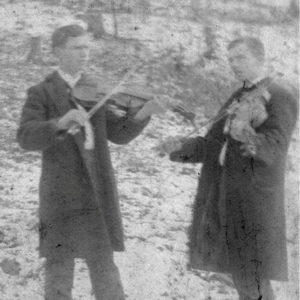 Morrison Twins
Morrison Twins
Morrison, Lee (Lynching of)
Morrison, William (Lynching of)
Morton, Herwald “Hal”
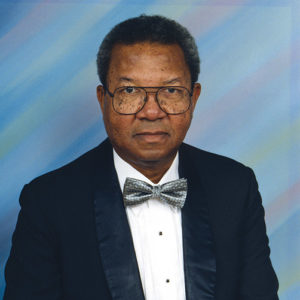 Hal Morton
Hal Morton
Moseley, Ray
 Ray Moseley Book
Ray Moseley Book
Mosely, Julius (Lynching of)
Moses, Colter Hamilton (Ham)
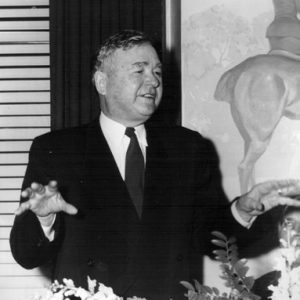 Ham Moses
Ham Moses
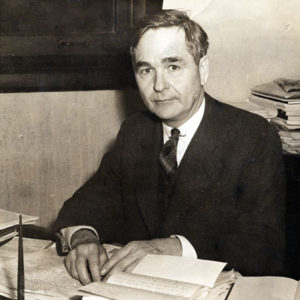 Ham Moses
Ham Moses
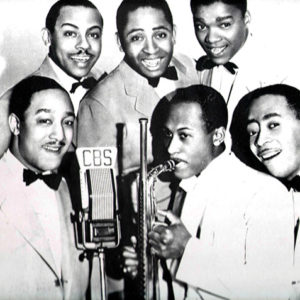 "Snub" Mosley
"Snub" Mosley
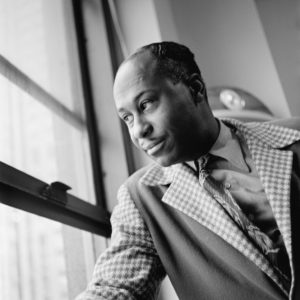 Snub Mosley
Snub Mosley
Mosley, Lawrence Leo “Snub”
Mount Elba, Scout to (October 3–4, 1864)
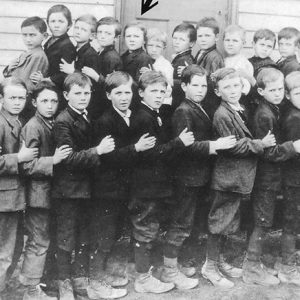 Mount Etna School
Mount Etna School
Mountain Federals
aka: Mountain Feds
Mountain Home Lynchings of 1894
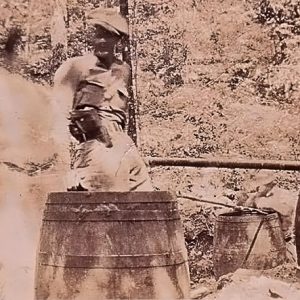 Mountain Still
Mountain Still
 Stephen Moyer
Stephen Moyer
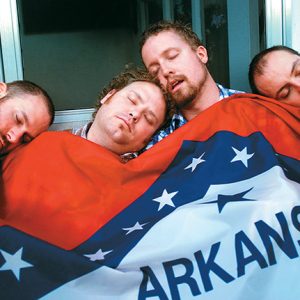 Mulehead
Mulehead
Mullens, Nat (Lynching of)
Mullican, Andrew J. (Lynching of)
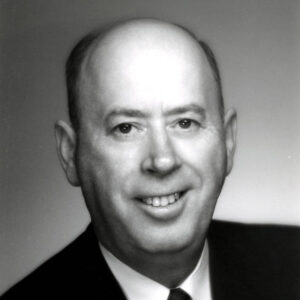 David W. Mullins
David W. Mullins
 David W. Mullins Jr.
David W. Mullins Jr.
Mullins, David Wiley
Mullins, David Wiley, Jr.
Munn, John Calvin
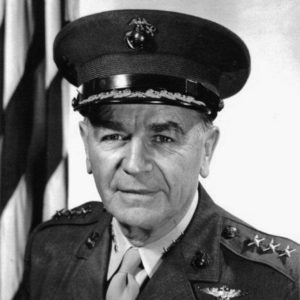 John C. Munn
John C. Munn
 Ben Murphy
Ben Murphy
Murphy, Benjamin Edward (Ben)
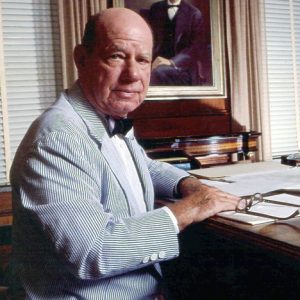 Charles Murphy
Charles Murphy
Murphy, Charles H., Jr.
Murphy, George Washington
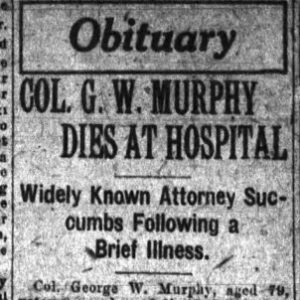 George Washington Murphy Obituary
George Washington Murphy Obituary
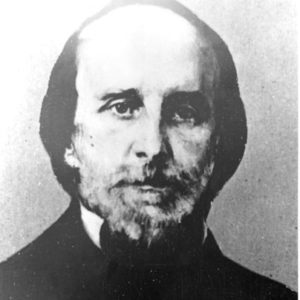 Isaac Murphy
Isaac Murphy
Murphy, Isaac
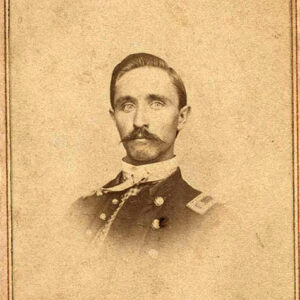 John L. Murphy
John L. Murphy
Murphy, Napoleon Bonaparte (Nap)
Murray, James (Murder of)
Murray, John Edward
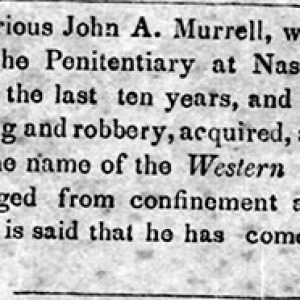 John A. Murrell Article
John A. Murrell Article
Murrell, John Andrews
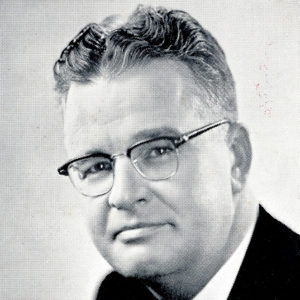 Ike Murry
Ike Murry
Murry, Isaac Taylor (Ike)
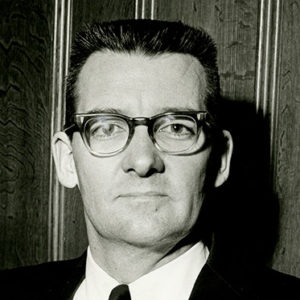 Thomas Murton
Thomas Murton
Murton, Thomas Orhelius
 My Cave Life in Vicksburg
My Cave Life in Vicksburg




